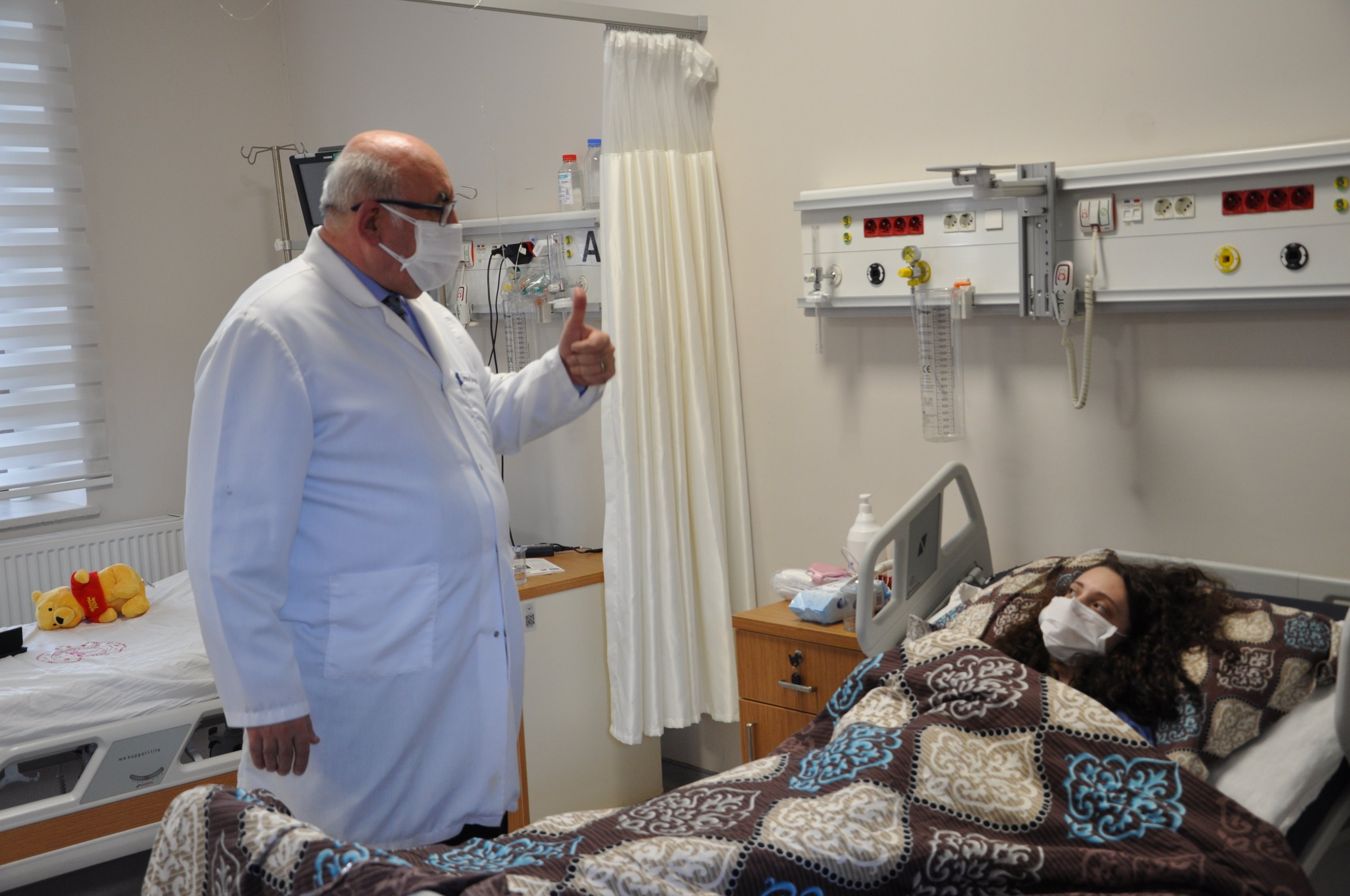© Turkuvaz Haberleşme ve Yayıncılık 2025
The Hadımköy Dr. Ismail Niyazi Kurtulmuş Hospital in Istanbul, restored under the guidance of President Recep Tayyip Erdoğan, continues its efforts in treating patients, especially in the field of chest diseases such as tuberculosis (TB). Since its reopening in May 2020, the hospital has operated under the Yedikule Chest Diseases Training and Research Hospital, focusing on delivering care for those affected by pulmonary diseases.
In readiness for the upcoming Tuberculosis Education and Awareness Week, which runs during the first week of January, professor Sedat Altın, head of the Tuberculosis Department at the hospital, discussed the ongoing challenges posed by tuberculosis.
Professor Altın highlighted that tuberculosis has been one of the largest pandemics affecting the world for centuries, claiming millions of lives. He stressed that the disease, caused by the tuberculosis bacterium, primarily affects the lungs, though it can spread to other organs. “TB remains a significant global health issue, and it is crucial to raise awareness in the community,” Altın said.
He also emphasized that Türkiye has made considerable strides in the fight against tuberculosis, thanks to the country's TB control programs and dispensaries, universities and health care institutions are actively involved in scientific research, focusing on developing new treatments and vaccines to combat drug-resistant strains of TB.

According to recent data, Türkiye records approximately 10,000 new cases of tuberculosis each year. While this number is relatively low compared to global statistics, Altın noted that TB remains a serious concern in Türkiye, particularly for individuals with weakened immune systems, those suffering from malnutrition, or people living in crowded and poor hygiene conditions. He also pointed out that high-risk environments such as prisons and dormitories see higher rates of infection.
“Children are often exposed to the TB bacteria in early childhood, but only about 10% of those infected will develop the disease,” Altın explained, stressing that underdeveloped immune systems in children could sometimes result in fatalities.
Professor Altın warned that tuberculosis can progress silently, often mistaken for a common cold. He urged people to seek medical attention if they experience symptoms such as a persistent cough lasting more than two weeks, night sweats, or bloody sputum. “While chest X-rays are used to diagnose the disease, a laboratory analysis of sputum samples provides a definitive diagnosis. However, many people mistake the symptoms for a cold or flu, particularly in winter months, which leads to delayed treatment,” he added.
TB is a treatable disease, and early detection is key to preventing its spread. Altın emphasized the importance of adhering to a six-month treatment regimen following diagnosis. “Treatment must be consistent and thorough; otherwise, the bacteria may become resistant to medication. This could lead to the development of drug-resistant tuberculosis, which is harder to treat.”
Discussing the spread of TB, the professor pointed out that it is transmitted through respiratory droplets when an infected person coughs, sneezes or talks. However, not everyone infected with the bacterium will develop the disease. People with strong immune systems may carry the bacteria without symptoms. He strongly recommended wearing masks, especially in crowded spaces or when interacting with infected individuals. "Masks are our most powerful weapon in protecting public health," he concluded.
